IN a cage built from lengths of rusting steel trellis, six African lionesses sit on the concrete floor. The bare skull of a donkey lies at the back of the cell as two male lions pace up and down patrolling their shared six metres of territory.
A village on Yemen’s scorched Tihama plain is an incongruous home for African lions. Set back several miles from the nearest road and reached by a rough network of sandy paths and thorny gorse bushes, it is home to one of Yemen’s newest and most unlikely businesses.
Lion breeding in Yemen seems as improbable a venture as salmon fishing. But rampant demand for exotic pets from collectors in the wealthy Gulf states has made this exercise in animal husbandry suddenly profitable.
Inside the compound, Hassan Bari proudly displays his merchandise. The eight lions were bought as juveniles just over four years ago, and Bari has recouped his initial investment from a first batch of captive-bred cubs. All six of his lionesses are pregnant, and he expects his next cubs to be available within a fortnight.
“I expect most of the cubs will be sold within days,” he says “There is a big demand for these animals, and often individuals will buy as many as I have on offer.”
With the value of lion cubs, and those of other big cats, reaching 50,000 Saudi riyals apiece, animal trafficking represents an enormous opportunity to people in one of Yemen’s poorest regions. A loose network has sprung up, trading not just lions but also cheetahs, leopards, gazelles, hyenas and monkeys.
The majority are bound for Saudi Arabia, Qatar and the Emirates. The animals will end up in private collections and homes as trophy pets and status symbols.
The lucrative business is turning the coastal road along Yemen’s west coast into a wildlife superhighway thanks to the easy access it offers to the porous border with Saudi Arabia.
The director of Born Free Foundation’s project in Ethiopia, Stephen Brend, says the trade is “extensive, lucrative and with a low risk of prosecution. That’s probably why the trade is flourishing. This is having a devastating effect on wildlife populations in the region and also impacts on civil society.”
He says wildlife smuggling is being likened to the blood diamond trade because of its links with other cross-border criminal activities. “A study by the UN office on drugs and crime suggests there are strong links between the illegal shipment of guns, people, drugs and wildlife. Hence, it seems the animals are just another victim of lawlessness.” —The Guardian, London


















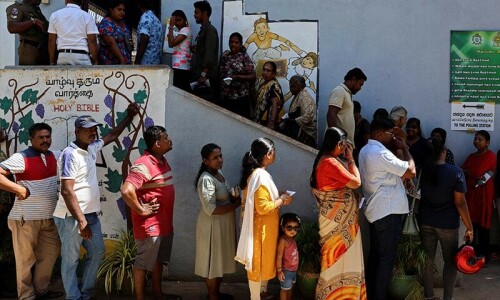




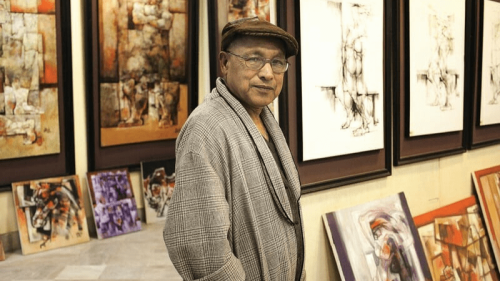
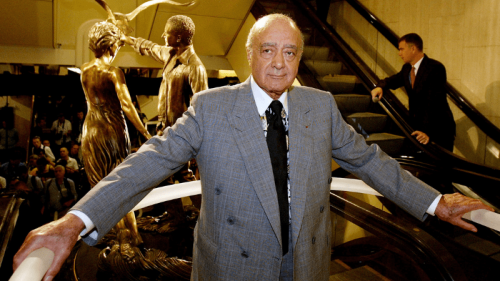









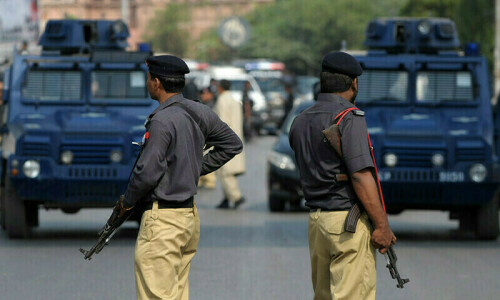






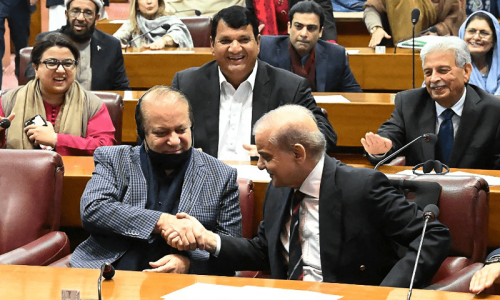
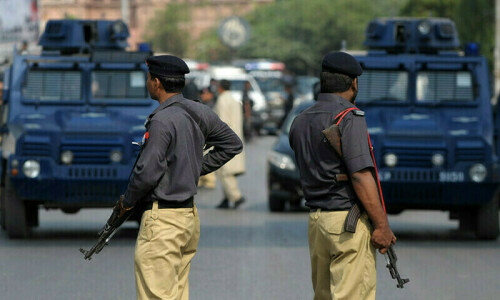


Dear visitor, the comments section is undergoing an overhaul and will return soon.